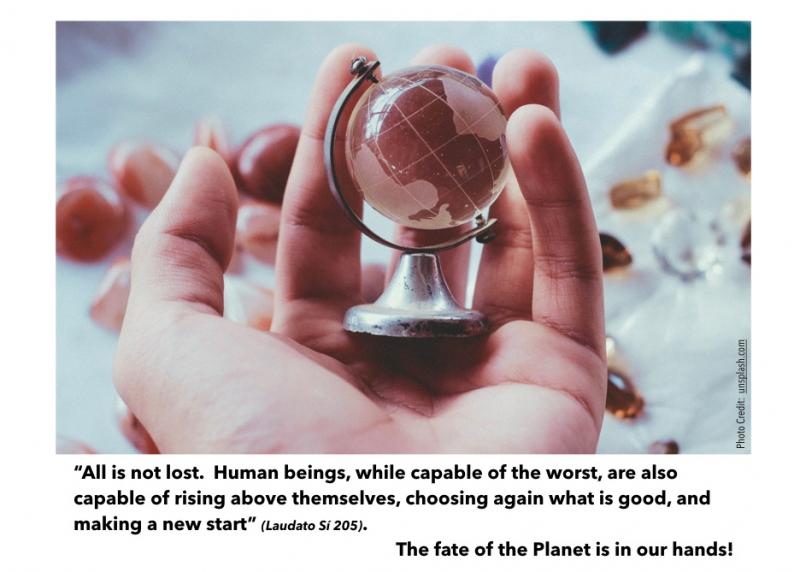[The publication of Laudato Si]' was intended to encourage the work of the COP 21 Summit, which led to the historic Paris Agreement on Climate Change, aiming to maintain the average increase in the planet’s surface temperature “well below 2°C” and to “intensify efforts” to limit the increase to 1.5°C. The IPCC Special Report for 2018 on the logic and feasibility of the 1.5°C limit warns us that we have only around a decade to limit this global warming.
The 1.5°C threshold is a critical physical threshold, inasmuch as it would still enable the avoidance of many destructive impacts of climate changes caused by man, such as the regression of the main glaciers and the destruction of the majority of tropical coral reefs. In particular, it would probably safeguard our common home from becoming a “greenhouse”. With global warming of around 1°C confirmed since the Industrial Revolution, we are already witnessing the grave impact of climate changes on people, in terms of extreme meteorological conditions, such as drought, flooding, rising sea level, devastating storms and ferocious fires. The climate crisis is reaching unprecedented proportions. Therefore, the urgency could not be greater.
The 1.5°C threshold is also a moral threshold: it is the last chance to save all those countries and many millions of vulnerable people who live in coastal regions. It is the poor who pay the highest price of climate changes. “Both everyday experience and scientific research show that the gravest effects of all attacks on the environment are suffered by the poorest” (LS 48). We must respond with courage to “the increasingly desperate cries of the earth and its poor.”

